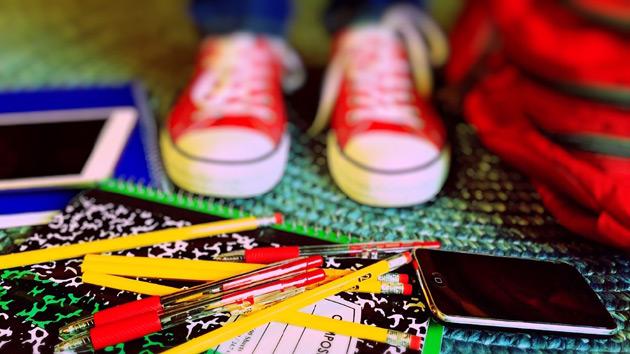Director of Terezín Initiative Institute says Czech schools don't teach enough about Romani people

Tereza Štěpková, director of the Terezín Initiative Institute, told the Czech News Agency on 8 December that not enough is being taught in the Czech schools about Romani people. Neglected subjects include both Romani culture and history.
Not only are children not well-informed about Romani subject matter in the schools, their teachers are not either. Better informedness could improve coexistence between the majority society and the Romani community.
Štěpková gave those remarks during the opening of a conference for students about the 20th century history of Romani people. “When we began documenting Romani Holocaust victims in our country and researching them, we ascertained that this subject is basically very controversial and that most educators are afraid to open it in the schools,” she said.
In her view, this is a complex subject because it is connected to current problems related to the Romani community, for example, in socially excluded localities. According to Štěpková, there are very few experts in the Czech Republic who focus on the history of Romani people.
However, in her view, the murder of Romani people during the Second World War in particular must now begin to receive similar attention to that given to the Holocaust and its Jewish victims. “This subject has not yet been processed. We are in the beginning phase and it is necessary to set this in motion,” she pointed out.
The Terezín Initiative Institute has, therefore, decided to convene various events about this for youth that will take place over the course of several days. The Institute is collaborating with several dozen teachers from all over the republic.
Experts and representatives of the Romani community will also participate in the events. “We want to contribute to Romani people being proud of their community and its history, to discussing it, and also we, as the majority society, want to accept that history as a component of our own history,” the director explained.
Students attending the 8 December conference said they would be interested, for example, in learning about when Romani people first came to Europe, which European countries they live in today, and how they maintain their customs. They would also like to know why some Romani people allegedly “adapt poorly to the state system”, whether there are differences between Romani people living in cities and those living in villages, and why they do not have their own state.
The current project is connected with the Institute’s documentation of Holocaust victims in the Romani community. The subject was opened by an expert international conference this past May.
The Institute is planning to hold two more international meetings, one in Germany and one in Hungary. During the 2016-2017 school year, according to official estimates, there were roughly 33 860 Romani schoolchildren attending primary school in the Czech Republic.
Romani children therefore represent 3.7 % of all pupils in the country. Roughly 15 % of all Romani boys and girls attend the so-called “special schools with lower educational ambitions”, or more than 4 900 children.
According to the Czech Government’ “Report on the State of the Romani Minority in the Czech Republic in 2016”, Romani children frequently encounter segregation in education. There are 83 primary schools in the Czech Republic where more than half of the pupils are Romani.
In another 136 schools, Romani children represent between one-quarter and one-half of all schoolchildren. During the 2016-2017 school year, 24.3 % of Romani boys and girls were educated in institutions where most pupils are Romani.
